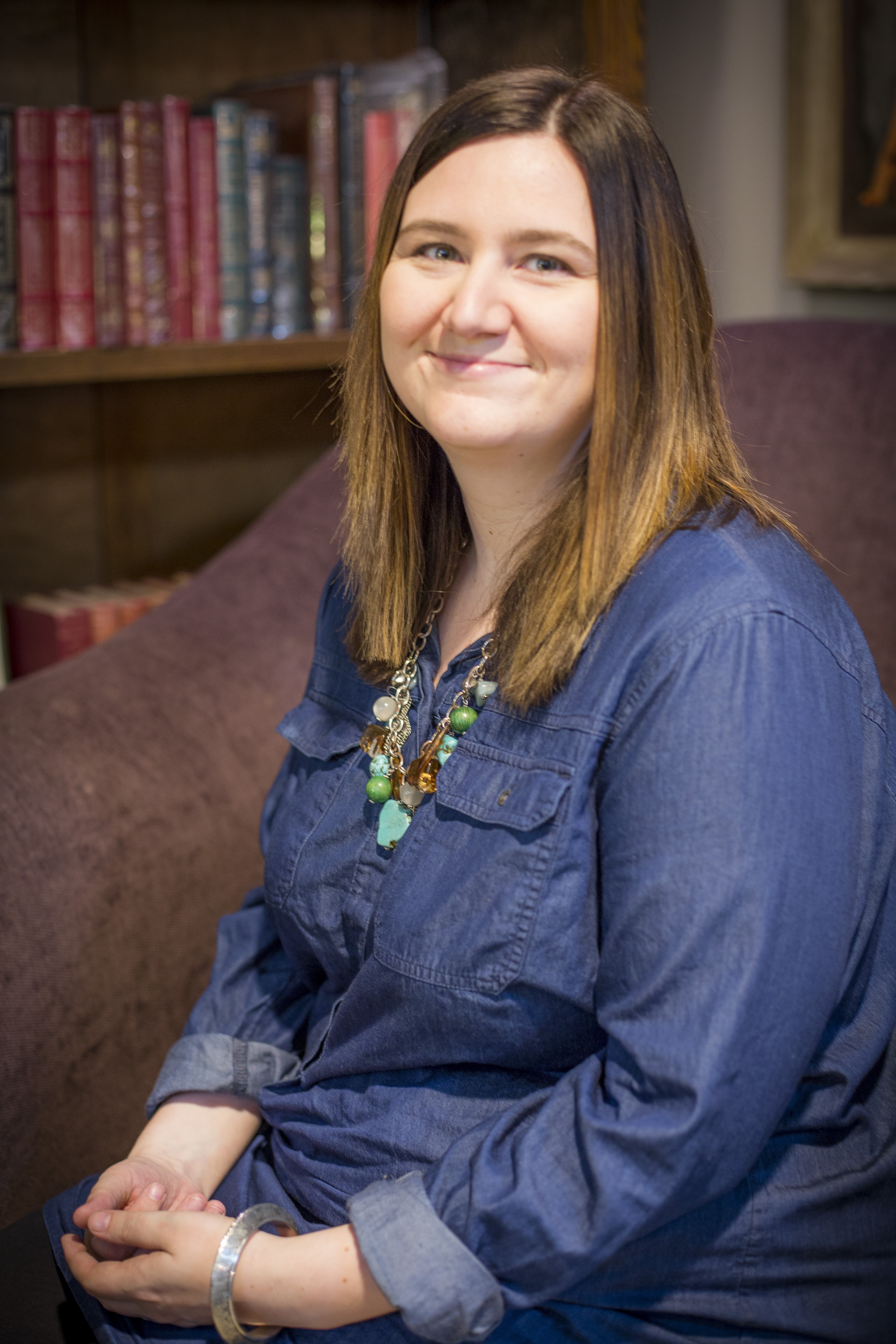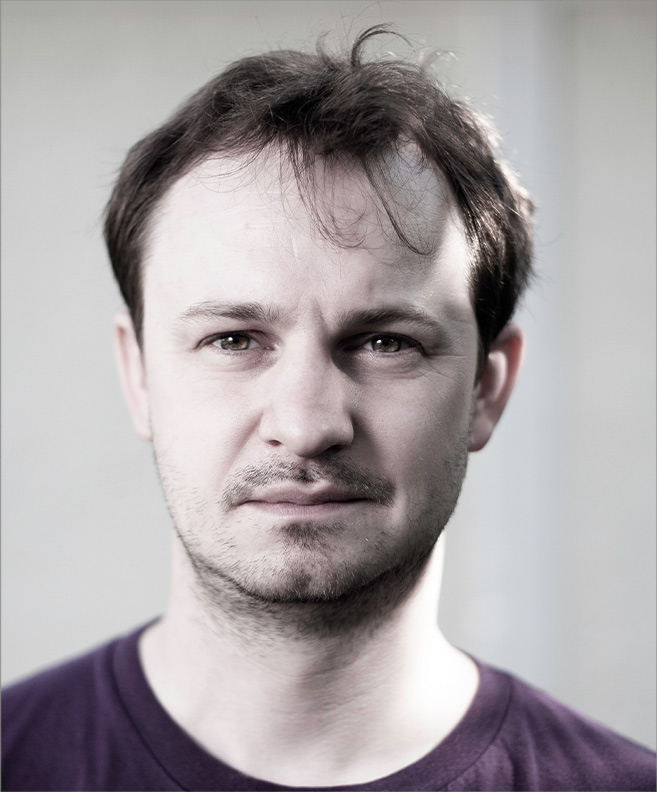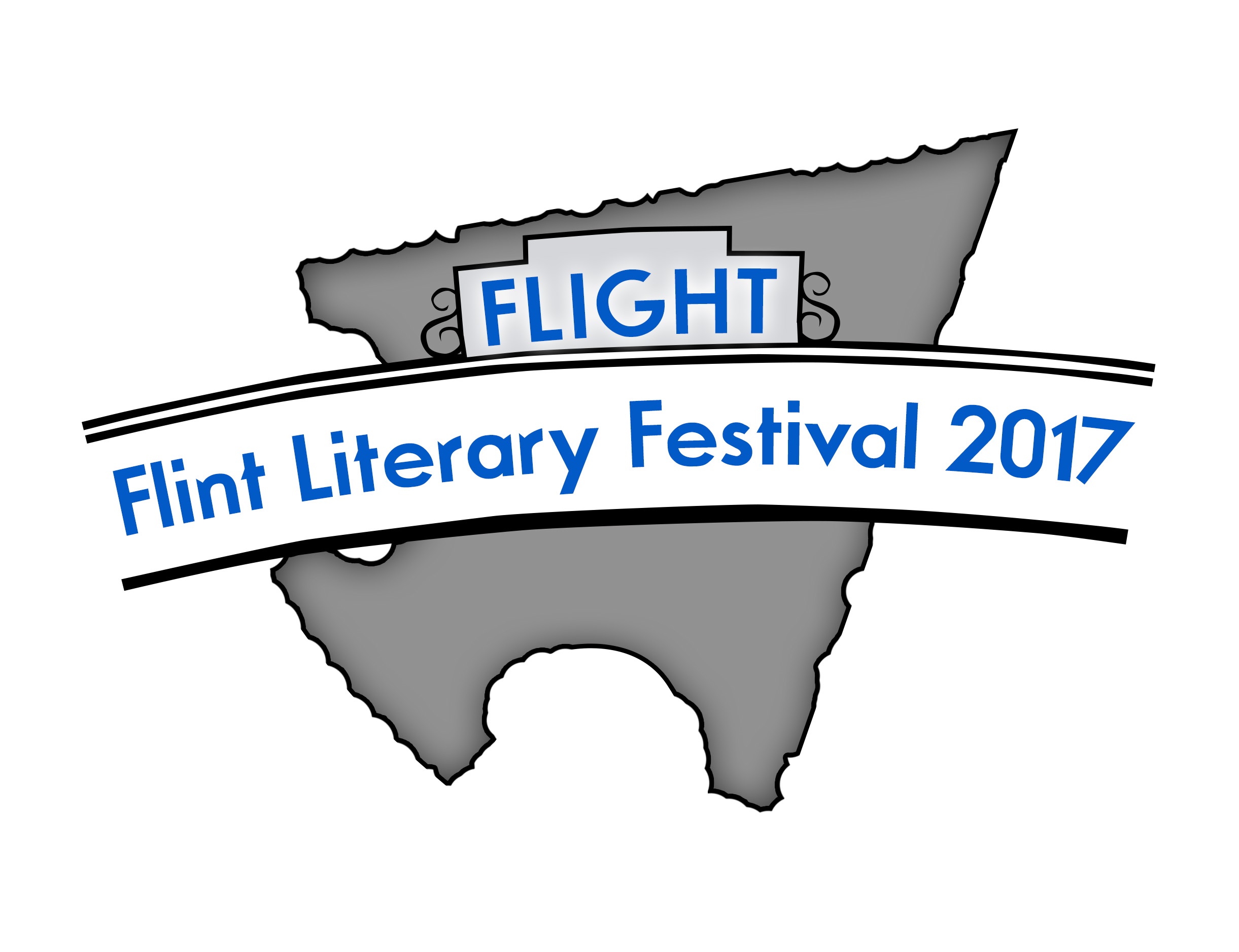By Megan Ockert
The first ever Flint Literary Festival takes flight July 21-22 with a lineup of four acclaimed writers with Flint roots, along with panel discussions, book-signing receptions and a fiction writing workshop.
The festival’s featured authors, all acclaimed and much-published, are poet Sarah Carson, novelists Christopher Paul Curtis and Christine Maul Rice, and short story writer Kelsey Ronan.
Christine Maul Rice to lead free writers’ workshop
The festival’s workshop for fiction writers will be led by Rice, author of the 2016 novel Swarm Theory The two-hour workshop will be Saturday, July 22 from 10 a.m. to 12 p.m. Admission into the free workshop is by application only and space is limited. Apply by July 7 at www.flintliteraryfestival.org/fiction-workshop-application.
A collaboration between the Flint Public Library, Gothic Funk Press and East Village Magazine, the event is free and open to the public. All events except one will be at the library, 1026 E. Kearsley St. in the Flint Cultural Center.
The festival aims both to celebrate Flint’s literary history and the work of contemporary writers in and from the city, according to event organizer Connor Coyne of Flint, himself a writer and publisher of Gothic Funk Press.
A five-member planning committee chose the theme Flight to represent the “gravity-defying powers of the human creative spirit,” Coyne said. “My goal is for the festival to bring together writers, readers, and publishers who can create opportunities for one another.”
Readings by Rice and much-published fiction writer Ronan, a Hopwood Award winner, will kick off the event at 6 p.m. Friday.
A moderated question and answer session will be followed by a light reception. The day will conclude with an open mic night and after hours party at The Golden Leaf Club, 1522 Harrison St.

Christopher Paul Curtis
Saturday’s schedule begins with panel discussions from noon to 5 p.m. and guest readings from writers from Flint and farther afield between 11 a.m. and 4 p.m. Topics for the panels include tips on publishing, journalism and literature, telling Flint’s stories from multiple perspectives, youth and literature in Flint, and the “sounds of art,” an exploration of spoken word and the oral tradition.

Sarah Carson
Carson, author of several praised poetry collections including Poems in Which You Die, and Christopher Paul Curtis, Newberry Medal and Coretta Scott King award winner and author of Bud, Not Buddy, The Watsons Go To Birmingham–1963 and other much-prized novels with Flint elements, will conclude the festival with readings at 6 p.m. Saturday.
.An alum of the Flint Youth Theater, Coyne grew up in Flint and graduated from Flushing High School. He received a bachelor’s degree from the University of Chicago, and a Master of Fine Arts in fiction writing from the New School in New York City. In 2010, after the birth of his first daughter, Coyne and his wife moved to Flint to be closer to family.
“I’ve always loved Flint,” said Coyne, who also teaches writing to teens at the Flint Public Library.. “I’ve kind of been all over the map, but Flint has always been home to me, and I think it always will be.”

Connor Coyne (Photo by Shane Gramling)
Coyne has also self-published two novels, Shattering Glass and Hungry Rats, with some of his nonfiction work appearing in Belt and Vox.com among other publications. He is currently looking to publish a novel about Flint he’s been working on since 1996.
Ronan has had the opportunity to share her recently finished Flint-based “novel-in-stories” in cities such as Chicago, St. Louis, and Spartanburg, SC. This will be her first time sharing her work at home.
“I just moved back to Michigan after living in Indiana and Missouri for the last six years, and having Flint’s first literary festival happen so soon after feels like the most auspicious and joyous of homecomings,” said Ronan. “I’m honored to be featured among writers I love.”
Coyne credits his exposure to such cities as Chicago and New York City for this inspiration behind the Flint Literary Festival, saying wherever he found communities of writers, publishers, academics, nonprofits, and other creative people, there were celebrations of art and literature.
“Flint has all of these things,” said Coyne. “It occurred to me that not only could Flint mount its own successful literary festival, but that this would be enriching for readers and writers. It would bring us into closer contact with one other, teach us the value of each others’ work and project out into the world the wealth of ideas here and our hunger to share them.”
Ronan agrees that any city’s literary history bears significance, saying she first started seeing cities similar to Flint appear in literature when she was a teenager.

Kelsey Ronan
“It was never Flint of course, but something in the way Carson McCullers would describe poverty and politics of small town Georgia, for instance, or Joyce could so clearly and precisely render the streets of Dublin from smokestacks to church spires would resonate with me.”
She points to Jeffery Eugenides’ Middlesex, a historical epic about Detroit that also mentions the city of Flint, crediting it as a defining moment.
Ronan adds, “It confirmed for me what I was beginning to suspect: that you didn’t have to write about New York or Paris or whatever glittering metropolis to be an artist. Gritty places can be beautiful, too.”
While Coyne argues that any time is a good time to celebrate your literary history, he believes now is an opportune time to focus on Flint’s in particular, pointing to the nation-wide coverage of the water crisis. Coyne said he hopes this event will get residents involved and excited about answering the question of how Flint plans to address its decline in wealth, population, and what the city will be in the future.
“There are immediate and future concerns related to the water crisis, which has garnered a lot of coverage from outside of the city, picking apart that tragedy. A lot of that coverage has been superb, but at the same time, we haven’t always heard the voices of residents.”
 Coyne is hoping that the Flint Literary Festival will give Flint residents a voice. “Literature is voice. Writing is voice. Readers acknowledge the voices of writers and validate their labor. So the more we write and read as a community, the more we promote and legitimize our point of view. Writing and reading is a profound act of solidarity.”
Coyne is hoping that the Flint Literary Festival will give Flint residents a voice. “Literature is voice. Writing is voice. Readers acknowledge the voices of writers and validate their labor. So the more we write and read as a community, the more we promote and legitimize our point of view. Writing and reading is a profound act of solidarity.”
After recently being sneered at for telling an acquaintance she was from Flint, Ronan is a firm believer that celebrating the city’s literature can be an exercise in empathy, and says this is especially important in 2017. “Literature is a way to tell stories that are more complicated and rich than any ruin porn or crime statistic on the internet. It’s a way to celebrate where we’re from—even troubled and beloved Flint—and defy the narrative imposed on us.”
Staff writer Megan Ockert can be reached at ockertma@gmail.com. EVM editor Jan Worth-Nelson contributed to this report. She can be reached at janworth1118@gmail.com.



You must be logged in to post a comment.